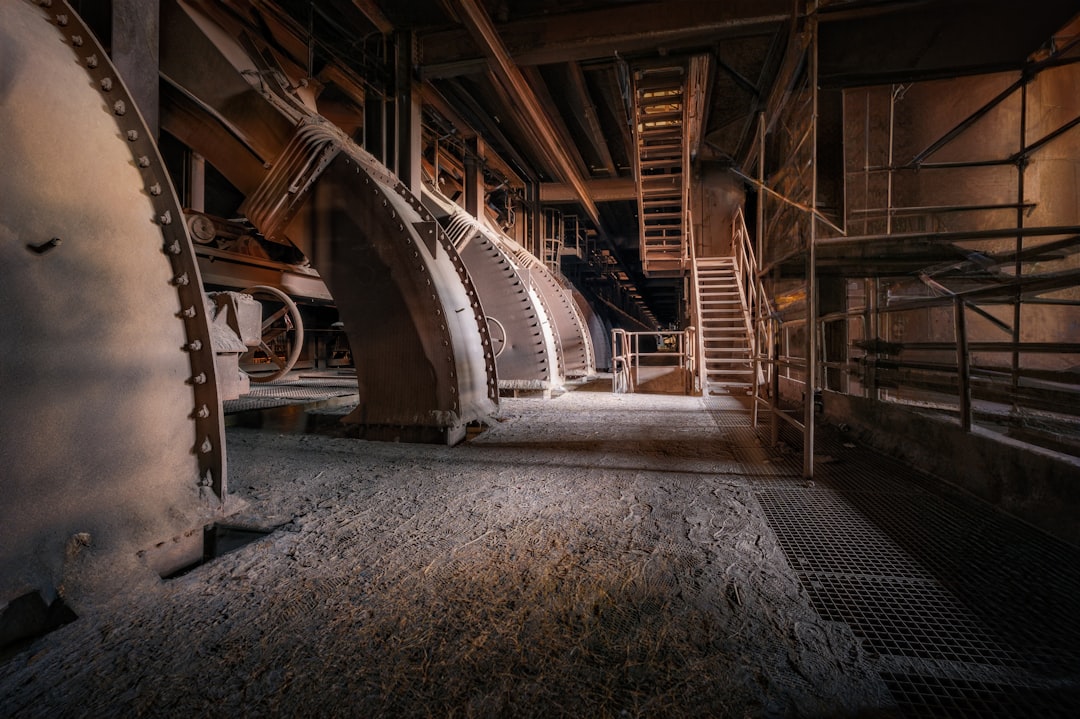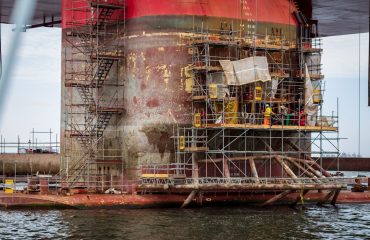Oil refineries are complex and hazardous environments, demanding materials that can withstand extreme pressures, temperatures, and corrosive chemicals. At the heart of this intricate network lies a seemingly simple yet crucial component: steel pipes. These seemingly unassuming conduits are the arteries of the refinery, transporting a vast array of fluids and gases throughout the process. This blog post delves into the vital role of steel pipes in oil refineries, exploring their types, applications, safety considerations, and future trends.
Types of Steel Pipes Used in Oil Refineries
The choice of steel pipe depends heavily on the specific application and the properties of the substance being transported. Several types are commonly employed:
- Carbon Steel Pipes: These are the most widely used due to their strength, durability, and relatively low cost. Different grades of carbon steel are selected based on the required yield strength, tensile strength, and resistance to corrosion. Common grades include ASTM A53, A106, and A333.
- Stainless Steel Pipes: Where corrosion resistance is paramount, stainless steel pipes are preferred. They are particularly crucial in handling highly corrosive substances or in environments with high humidity or exposure to saltwater. Common grades include 304, 316, and 317L.
- Alloy Steel Pipes: For applications requiring enhanced strength at high temperatures or resistance to specific chemicals, alloy steel pipes are employed. These pipes contain alloying elements like chromium, molybdenum, and nickel to improve their properties. Examples include chromium-molybdenum (Cr-Mo) steel pipes.
- Seamless vs. Welded Pipes: Both seamless and welded pipes find applications in refineries. Seamless pipes are generally preferred for high-pressure applications due to their superior strength and lack of weld seams, which can be potential points of failure. Welded pipes, while less expensive, are suitable for lower-pressure applications.
Applications of Steel Pipes Across Refinery Processes
Steel pipes are integral to virtually every stage of the refining process. Their applications include:
- Crude Oil Transfer: Large-diameter pipes transport crude oil from storage tanks to the processing units.
- Fractionation Columns: Smaller diameter pipes carry various fractions (gasoline, kerosene, diesel, etc.) from the fractionation columns.
- Heat Exchangers: Pipes form the core of heat exchangers, facilitating the transfer of heat between different streams.
- Reactors and Catalytic Converters: Specialized pipes, often made of alloy steel, are used in reactors and converters where high temperatures and pressures are involved.
- Pipelines and Distribution Networks: Extensive pipeline networks utilize steel pipes to distribute refined products throughout the refinery and to offsite storage and transportation facilities.
Ensuring Safety and Integrity of Steel Pipes in Refineries
The safety implications of pipe failure in a refinery are severe. Therefore, stringent measures are implemented to ensure the integrity of the steel pipes:
- Regular Inspections and Maintenance: Routine inspections, including visual checks, ultrasonic testing (UT), and radiographic testing (RT), are crucial to detect potential defects early.
- Pressure Testing: Hydrostatic testing is performed to verify the pipe’s ability to withstand the operating pressures.
- Corrosion Control: Various methods, such as coatings, cathodic protection, and inhibitors, are used to mitigate corrosion.
- Proper Installation and Welding: Skilled welders and strict adherence to welding procedures are vital to ensure the integrity of welded joints.
- Emergency Shutdown Systems: Robust emergency shutdown systems are in place to quickly isolate sections of the piping system in case of leaks or failures.
Pipe Specifications and Material Selection in Refinery Design
The selection of appropriate steel pipes is a critical aspect of refinery design. Engineers must consider several factors:
- Fluid Properties: The chemical composition, temperature, and pressure of the fluid being transported dictate the required material properties.
- Operating Conditions: Temperature fluctuations, pressure variations, and the presence of corrosive substances influence the choice of steel grade.
- Industry Standards and Codes: Adherence to relevant industry standards, such as ASME, API, and ASTM, ensures the safety and reliability of the piping system.
- Cost Considerations: While safety is paramount, cost-effectiveness is also a factor in material selection. A balance between performance and cost is sought.
- Maintenance and Replaceability: The ease of maintenance and replacement of the pipes is also considered during the design phase.
Future Trends in Steel Pipe Technology for Oil Refineries
The oil and gas industry is constantly evolving, and so too is the technology used in its infrastructure. Future trends include:
- Advanced Materials: Research is ongoing into new steel alloys with enhanced corrosion resistance and high-temperature strength.
- Smart Pipes and Monitoring Systems: Sensors embedded within pipes can monitor pressure, temperature, and corrosion levels in real-time, enabling predictive maintenance.
- Improved Welding Techniques: Advanced welding technologies, such as laser welding, aim to improve the quality and efficiency of pipe joining.
- Sustainable Practices: The industry is increasingly focusing on sustainable practices, including the use of recycled steel and reducing the environmental impact of pipe manufacturing and disposal.
- Digital Twins and Simulation: Digital twins of refinery piping systems can be used for virtual testing and optimization, improving safety and efficiency.
In conclusion, steel pipes are indispensable components of oil refineries, playing a critical role in the safe and efficient operation of these complex facilities. Understanding their types, applications, safety considerations, and future trends is essential for engineers, operators, and anyone involved in the petroleum industry.
Tags: steel pipes, oil refinery, petroleum industry, carbon steel pipes, stainless steel pipes




